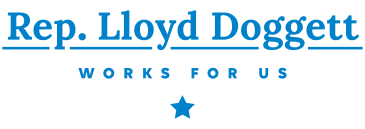A U.S. tech company identified only by the pseudonym “Delta” generated as much as 55 percent of its revenue domestically while reporting to shareholders that only 10 percent of its pretax income came from U.S. operations, according to a report presented to the House Ways and Means Committee.
By attributing more earnings to countries with lower tax rates, including the Netherlands and Singapore, “Delta” cut its worldwide average tax rate to less than half the 35 percent rate in the U.S., said the report by the Joint Committee on Taxation, presented yesterday.
Such income shifting, gleaned from actual tax returns in a rare glimpse into the tax structures of six U.S. multinational companies, reflects a strategy that critics call abusive. Companies that use it may be depriving the U.S. treasury of as much as $60 billion a year, according to a study published in December by Kimberly A. Clausing, an economics professor at Reed College in Portland, Oregon.
Multinationals “shift the burden of paying for our national security and homeland security and other public services to small businesses and family taxpayers, who play by the rules and do not engage in these shenanigans,” said U.S. Representative Lloyd Doggett, a Texas Democrat who is on the Ways and Means committee.
That panel, which oversees tax legislation, examined transfer pricing, the system that companies use to allocate their expenses and income among subsidiaries in different countries for tax purposes.
In the report, six companies were assigned false names — Alpha, Bravo, Charlie, Delta, Echo and Foxtrot. The pamphlet cited percentages for their revenue and pretax income, not real dollar amounts.
Lower Tax Rates
The Joint Committee, a nonpartisan congressional body that researches tax issues, chose companies that reported effective tax rates at least 10 percentage points lower than the U.S. statutory rate for a period of years, along with large gaps between the countries in which they reported sales and the countries in which they reported earnings.
The research also relied on public data to piece together how U.S. multinationals cut their tax bills by shifting income overseas. Much of the savings came from the companies’ entering into licensing and other transactions with subsidiaries in low- tax jurisdictions.
“Delta,” which the committee identified as “a publicly traded U.S.-based multinational company that manufactures and markets technology-based consumer products,” performed research and development in the U.S. and deducted those expenses from its U.S. taxable income, the report said. Once a product was almost ready for sale, Delta licensed the rights to it to a Dutch subsidiary in exchange for a royalty.
Shifting Profits
The Dutch unit or an affiliate then manufactured the product and sold it to the U.S. parent company, thus shifting profits to the Netherlands, the report said. The average tax rate there was about 5 percent over the study period.
“Delta U.S. has licensed many of what have proven to be its most commercially successful products in this way,” the report said.
Doggett has proposed legislation that seeks to curtail that practice. It would require companies to be liable for U.S. taxes resulting from innovations they developed in the U.S., even if the company licensed the property to an overseas subsidiary.
“What our bill does is reduce the incentive to engage in some of the egregious schemes to avoid U.S. taxes on intellectual property developed within the United States,” Doggett said.
‘Arm’s Length’ Questioned
The committee report questioned whether tax regulators can adequately gauge if U.S. parent companies are paying too much to their offshore subsidiaries in such cases — or whether the foreign units are paying too little to the parent — thus shifting income overseas. U.S. Treasury Department regulations require “arm’s length” prices, or the amounts that would be paid between unrelated parties.
The report said “taxpayers that develop unique intangible property rarely, if ever, transfer that property to third parties.”
The Obama administration has proposed some changes to transfer pricing, including one that would essentially provide for a minimum tax on profits earned in low-tax jurisdictions overseas.
Representative David R. Camp, the ranking Republican on the Ways and Means committee, criticized the pamphlet for focusing on what the authors acknowledged did not attempt to be a representative sample of companies. He said the U.S. statutory corporate income rate of 35 percent, now the world’s second highest, “puts pressure” on companies to shift income.
To contact the reporter on this story: Jesse Drucker in New York at jdrucker4@bloomberg.net.
Originally published by Bloomberg News.


